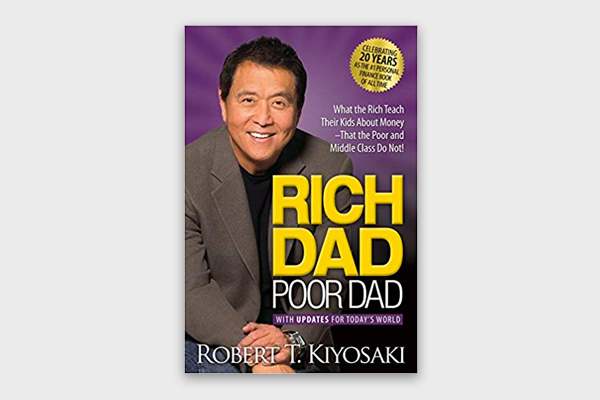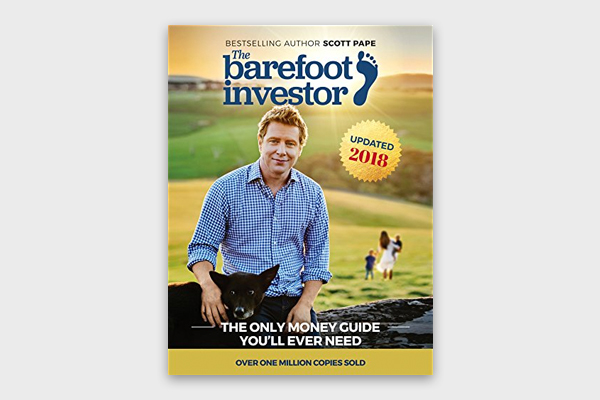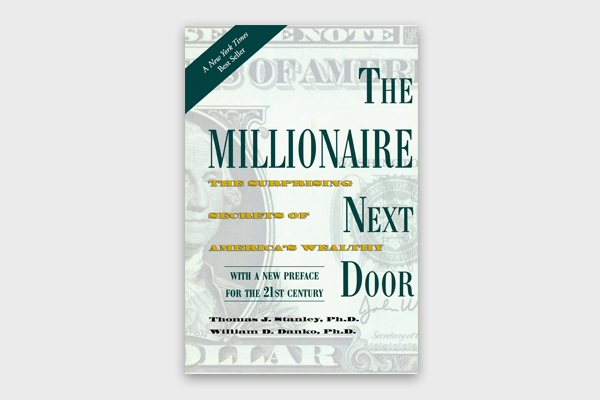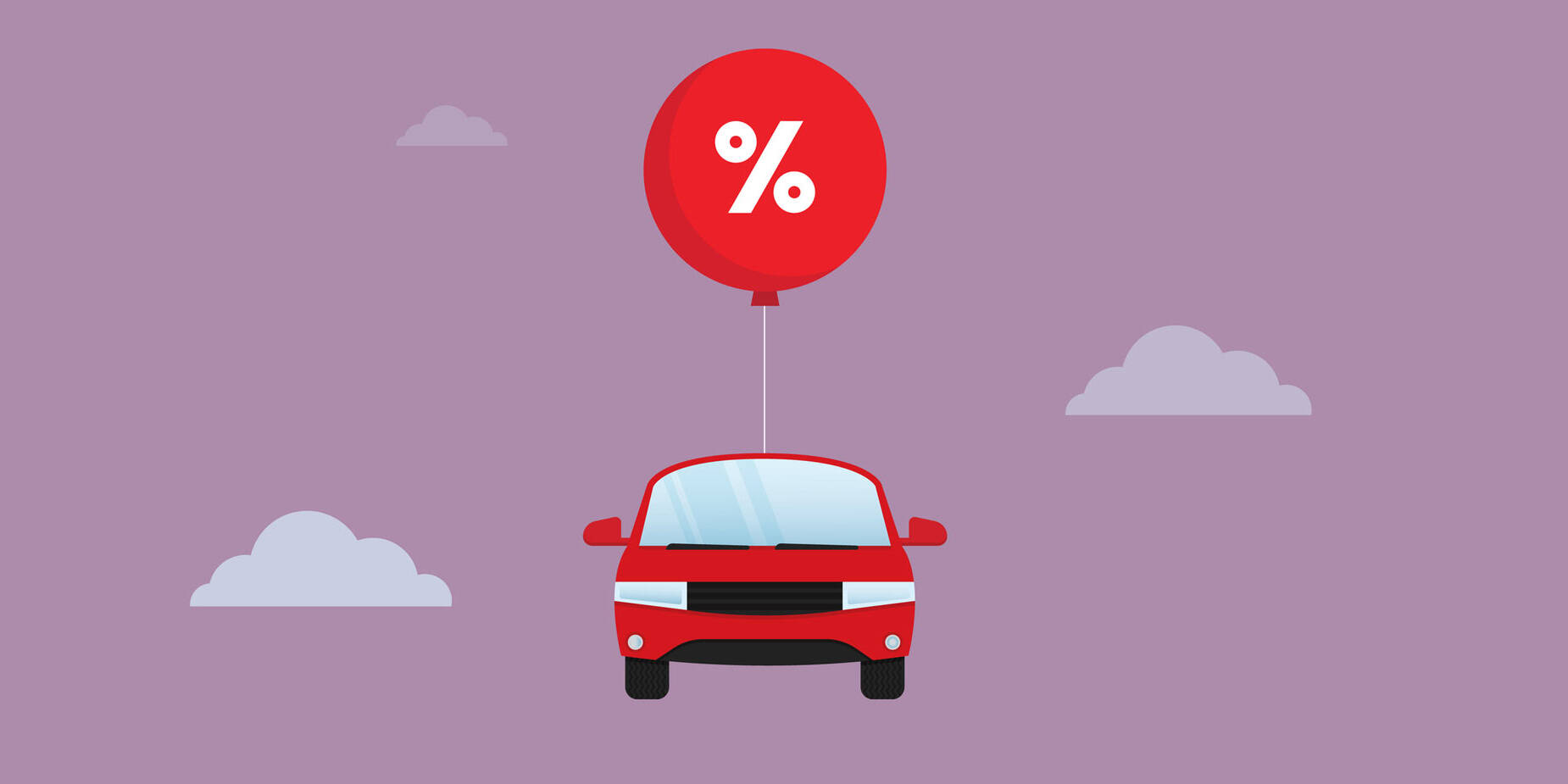
1. Rich Dad, poor dad
I read this book in my early twenties and certainly challenged my thinking about money. It introduces a great concept of building passive income, and how to generate income without having to work a job everyday. Think earning money while you sleep. The author Robert Kiyosaki is also a big advocate for starting a part time business while you still have your 9 to 5 job.
Pro’s:
Challenges traditional thoughts and beliefs about just saving moneyIntroduces great concepts such as passive income
Con’s:
The high level concepts are great, however can be a little vague on specifically how to go about building and creating passive income.
7/10

2. Barefoot investor
A great book for Australians as it deals specifically with the Australian superannuation and investment landscape. It is quite detailed covering topics such as
- Savings
- Budgeting
- Home loans
- Investing
- Superannuation
It also gives some really helpful tips on how to break up your income into different spending accounts (everyday spending, savings, splurge/mojo account)
Pro’s:
- Very applicable
- Easy to follow
- Covers broad topics
Con’s:
Scott Pape (author) is quite strong on his views and sometimes the thinking can be potentially a little narrow.
9/10

3. The Millionaire Next Door
A great book about building wealth and keeping it simple. The book was written after a study was conducted on how millionaires spend and manage their finances. It looks at how most millionaires do not borrow to purchase cars and have paid off their homes. It also highlights that millionaires keep their lifestyle very simple.
One particularly good concept is
“Avoid buying status objects or leading a status lifestyle
Buying or leasing brand-new, expensive imported vehicles is poor value. Buying status objects such as branded consumer goods is a never-ending cycle of depreciating assets. Even when you get a good deal on premium items, if you choose to replace them frequently, the older items hold no value and have become a sunk cost. Living in a status neighbourhood is not only poor value, but you will feel the need to keep buying status objects to keep up with your neighbours, who are mostly UAWs (Under Accumulators of Wealth). The authors make the point that hyperconsumers must earn more income to afford luxury items and become more vulnerable to inflation and income tax.” (The Millionaire next door, Thomas J Stanley and William D Danko, 1996)
A good reminded that building wealth starts with the notion of simply spending less than you earn.
Pro’s:
- Backed up studies
- Encouraging and easy to follow
Con’s:
Is American based however still quite applicable for Australian’s


